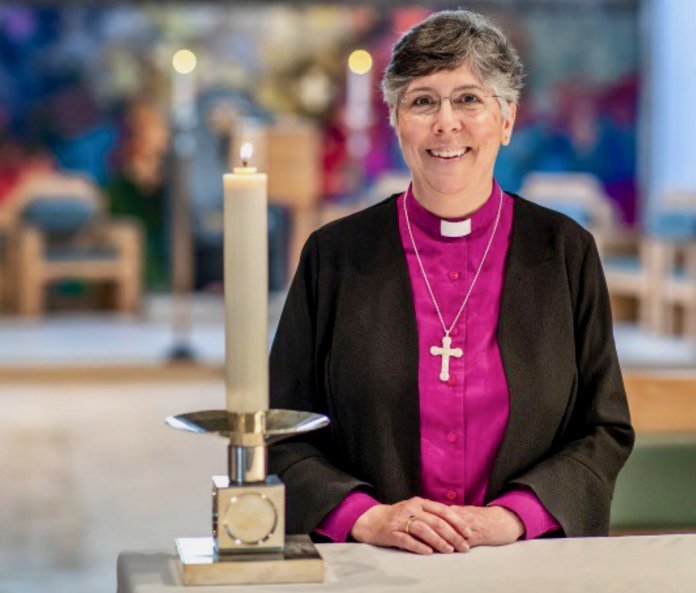The passing of the Safety of Rwanda Bill is a dark moment in our country’s history, one that goes against our long-standing tradition of welcoming and supporting refugees in the UK. The Bill worryingly takes us a step closer to fully abdicating our moral and legal responsibility for refugee protection by outsourcing that duty to a country that our own courts have not yet declared safe for refugees. The Bill did not seek to overcome the protection gaps identified by the courts in any way and dangerously limits any legal scrutiny to someone’s removal, even though their asylum claim will not have been given any consideration here.
There was a reflective mood in the House of Lords last night. Many were asking themselves how these unprecedented steps have become justifiable for the sole purpose of transporting people to another continent, many of whom will have experienced unspeakable tragedy. Many peers had worked extremely hard to propose reasonable amendments to try and maintain the UK’s commitment to the rule of law, human rights and our duty to protect children. More constructive dialogue from Ministers and joint working in our democratic institutions is vital if we are to combat global challenges in a way that protects the most vulnerable and prevents harm. We have not seen this play out well which is to our detriment. More importantly however, there was also a palpable sense of the cost that we may see play out in people’s lives. For example, for scared children and vulnerable trafficking survivors who might be expelled thousands of miles away without the opportunity to claim sanctuary here.
I still believe the Rwanda Bill does not reflect who we are and it does not espouse the values I see at work in our communities, where people from all backgrounds join together to serve, worship, work and live together. At times the debate around the Rwanda Bill lost touch with this shared humanity as it distracted us from actually discussing the practical steps needed to address the root causes of irregular migration through international cooperation and providing safer and controlled access to asylum.
The Bill may have concluded its parliamentary stages, but the Government must now commit to upholding justice. The Government has committed to not ratify the Treaty with Rwanda until the necessary safeguards are in place and this must not be reneged upon. Exposing asylum seekers to a potential risk of refoulement to their home countries where they may go onto face torture or serious mistreatment from which they fled, is not something that can be tolerated. In choosing to remove people, I also implore the authorities to act with compassion and the Government must, as a matter of urgency, reappoint an Independent Inspector of Immigration and Borders. The Bill may have also given the Government the right to ignore an injunction from the European Court of Human Rights but I urge Ministers to ask whether they should? Human rights cannot become exclusive to the privileged.
I was recently reminded that no one is voiceless if we chose to listen. The experience of the asylum seeker must inform our policy development going forward if we are to create a fair and humane system that provides access to protection for those in need of sanctuary while safely returning those without a right to asylum. Along with several other members of the House of Lords last night I remained to the end of the Bill’s passage holding onto that belief that if we continue to stand in hope and continue to listen and recognise our shared humanity, then perhaps a new direction will be forged. The human cost will be far too great, if we don’t.
The Rt Rev Dr Guli Francis-Dehqani
Bishop of Chelmsford




[…] Source link […]